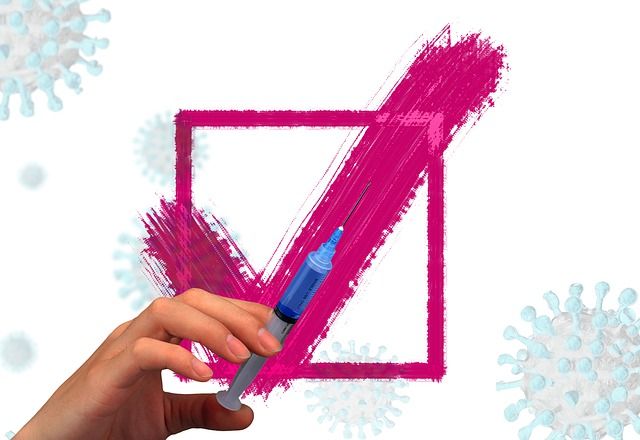According to new figures from the State Serum Institute (SSI), fewer Danes are getting their first COVID-19 vaccine jabs.
Last week, barely 39,000 people got their first vaccinations – well below the over 200,000 first jabs administered weekly in July.
At this rate, SSI estimates that 90 percent of those invited to get the first jab will have done so by the beginning of October. The goal of the Sundhedsstyrelsen health authority is currently October 1.
READ ALSO: First in-human trial of Danish corona vaccine returns promising results
Vaccine’s in the pipeline
The news comes on the heels of two significant revelations pertaining to two prospective Danish COVID-19 vaccines in the past 24 hours.
At a press conference yesterday, the government revealed it was setting aside 800 million kroner to help fund the production of a vaccine by Bavarian Nordic.
And this morning it emerged that the promising Covaxix vaccine by SSI was gearing up for human testing in Denmark sometime in 2022.
The SSI vaccine will be produced in the US, as the Danish state no longer possesses vaccine production capability after selling off its assets to a Saudi firm back in 2017.
Essential to contribute
“It’s essential that we contribute to the development and research in vaccines against COVID-19 as it can ensure Denmark access to a broader selection of vaccines and greater supply security,” said the health minister, Magnus Heunicke.
“COVID-19 is still in our society, and in the long run there could be a need for incorporating new vaccine tech into, for instance, booster vaccines and protection against new mutations.”
Heunicke underlined it was also important to support the development of vaccines suitable for distribution in developing countries.













